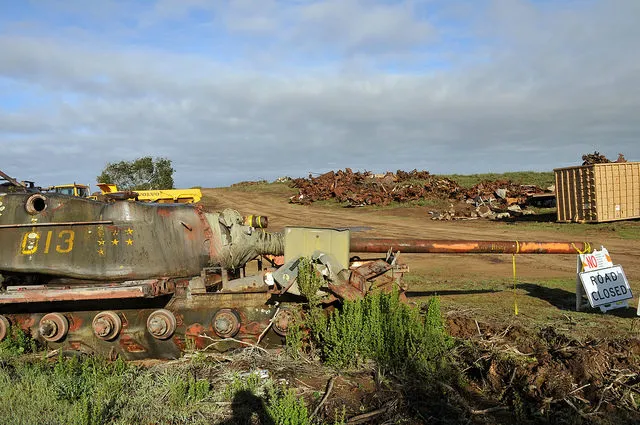
Fort Ord was a United States Army post located on the Monterey Bay in California. It served as a training center for soldiers from World War I until its closure in 1994. The base was known for its rugged terrain and challenging training exercises, preparing troops for combat.
Fort Ord’s closure and subsequent conversion into civilian use raised concerns about potential health risks associated with the military activities conducted there. Several studies have been conducted to investigate the long-term health effects on veterans who served at Fort Ord. The site was designated as a superfund site due to soil and groundwater contamination from various sources, including unexploded ordnance and other hazardous substances.
Veterans who served at Fort Ord could potentially be exposed to PFAS (per- and polyfluoroalkyl substances) through various sources. PFAS were commonly used in firefighting foam, and the base conducted training exercises that involved the use of this foam. Additionally, PFAS can be found in certain cleaning products, waterproofing materials, and industrial processes that were likely present at Fort Ord. Therefore, veterans may have been exposed to PFAS through direct contact with contaminated water or soil, inhalation of airborne particles, or even ingestion of contaminated food.
As for exposure to TCE (trichloroethylene), veterans at Fort Ord might have encountered this chemical due to its historical use as a degreaser and solvent for cleaning military equipment. TCE was commonly used in maintenance activities and may have been released into the air or water during these processes. Inhalation of TCE vapors or consumption of contaminated water could have resulted in exposure for veterans who served at Fort Ord. It is worth noting that both PFAS and TCE are considered potential environmental contaminants of concern due to their potential adverse health effects.
Here is a list of cancers that have been suggested as potentially related to veterans who served at Fort Ord:
- Testicular cancer: Some studies indicate an increased risk of testicular cancer among veterans who trained at Fort Ord.
- Prostate cancer: There is some evidence suggesting a potential association between military service at Fort Ord and an elevated risk of prostate cancer.
- Lung cancer: Although no direct connection has been established, exposure to various environmental factors during military activities might increase the risk of lung cancer.
- Non-Hodgkin lymphoma: Some studies suggest a possible link between military service at Fort Ord and an elevated risk of developing non-Hodgkin lymphoma.
- Leukemia: Limited evidence exists regarding a potential association between military service at Fort Ord and certain types of leukemia.
Veterans concerned about their health should consult with healthcare professionals who can provide personalized guidance and support.

